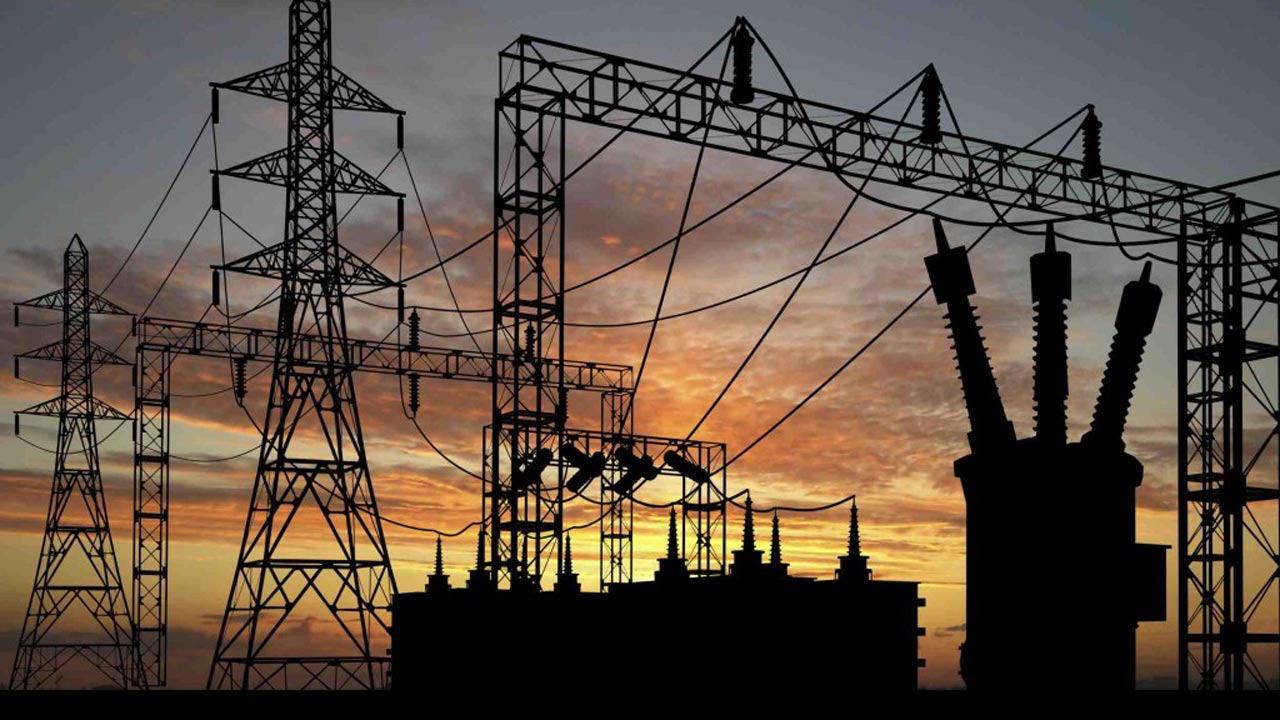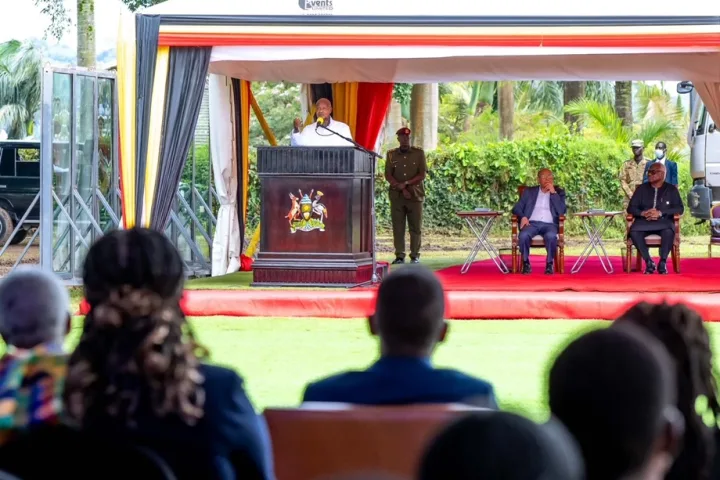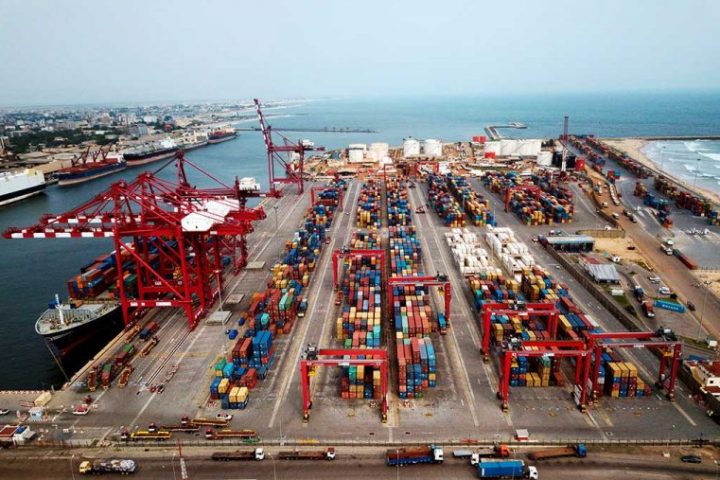Some parts of Ghana and other West African countries are experiencing blackouts, due to a disruption in gas supply from Nigeria. Cities in Ghana, Benin, and Togo have been hit hard, leaving many without power.
The West African Gas Pipeline Company Limited (WAPCo) announced on Wednesday that there has been a drop in gas volumes available for transportation. The reduction is due to maintenance work being carried out by a gas producer in Nigeria.
Join our WhatsApp ChannelREAD ALSO: Nationwide Blackout: Aba Power Expresses Surprise
WAPCo’s statement read, “One of the producers of the natural gas WAPCo transports from Nigeria has shut down its facility for a three-week maintenance, resulting in a decrease of gas available for WAPCo to transport to customers in Togo, Benin, and Ghana.”
The maintenance work has led to a considerable decrease in the gas supply, which has had a ripple effect across the region. “The current situation is entirely out of WAPCo’s control,” the company emphasised. Despite the challenges, WAPCo continues to transport gas from the Western Region of Ghana to Tema and expects normalcy to return after the maintenance activities are completed.
As a result of this situation, the Ghana Grid Company Limited (GRIDCo) and the Electricity Company of Ghana (ECG) have informed the public about the power interruptions. Their joint statement said, “Due to a reduction in gas supply from Nigeria since Wednesday, 12th June 2024, some areas across the country have experienced interruptions in power supply.” The statement further explained that the maintenance work in Nigeria is projected to last for three weeks, leading to reduced overall power generation capacity in Ghana. This could result in load management over the maintenance period.
The affected companies are working to minimise the impact on consumers. GRIDCo and ECG assured the public that they are collaborating with other stakeholders to optimise available resources. “We sincerely apologise for the inconvenience caused,” the statement concluded.
WAPCo, which owns and operates the West African Gas Pipeline, plays a crucial role in linking natural gas resources to customers in the West Africa sub-region. The pipeline is a bi-directional system, with gas supply coming from both Nigeria and Ghana. This infrastructure is vital for the energy needs of countries like Ghana, Togo, and Benin.
The current gas supply disruption highlights the dependency of West African countries on Nigerian gas. It also underscores the need for robust and diversified energy sources to prevent such widespread blackouts in the future. The maintenance work in Nigeria is essential to ensure the long-term reliability of the gas supply. However, the immediate impact on daily life and businesses in the affected countries is significant.
Local residents and businesses are facing challenges due to the power outages. A shop owner in Accra, Ghana, expressed frustration, saying, “We depend on electricity for almost everything. These blackouts are affecting our daily operations and income.”
The power outages have also sparked discussions about energy policy and infrastructure investment in West Africa. There is a growing call for improved energy infrastructure and better contingency plans to handle such disruptions in the future.
As the region waits for the maintenance work to be completed, the focus remains on managing the current power crisis and mitigating its impact on the affected populations. The collaboration among power companies and stakeholders will be crucial in navigating this challenging period and restoring stable power supply to the region.
Emmanuel Ochayi is a journalist. He is a graduate of the University of Lagos, School of first choice and the nations pride. Emmanuel is keen on exploring writing angles in different areas, including Business, climate change, politics, Education, and others.


















Follow Us